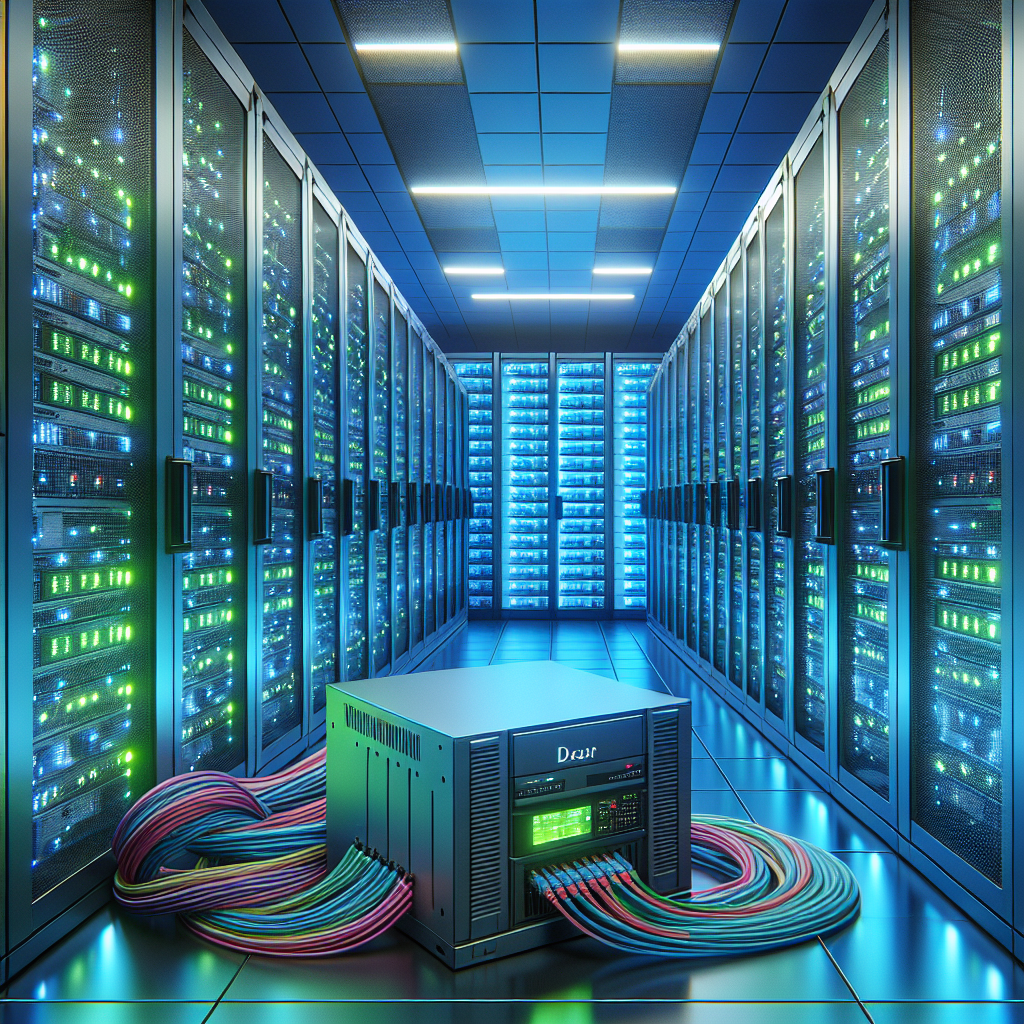Your cart is currently empty!
Securing Your Data Center with a Reliable UPS Backup Plan

Data centers are the heart of any organization, housing critical information and infrastructure that keep businesses running smoothly. With the increasing reliance on digital technology, it is more important than ever to ensure that data centers are well-protected and secure. One crucial component of data center security is having a reliable UPS backup plan in place.
UPS, or uninterruptible power supply, is a system that provides emergency power to a load when the input power source fails. In the event of a power outage or surge, a UPS can keep critical equipment running long enough for a generator to kick in or for the system to be safely shut down. This is especially important in data centers, where even a brief interruption in power can lead to data loss, equipment damage, and costly downtime.
To secure your data center with a reliable UPS backup plan, consider the following steps:
1. Assess your power needs: Before selecting a UPS system, evaluate the power requirements of your data center. Consider factors such as the size of your facility, the number of servers and other equipment, and any future expansion plans. This will help you determine the capacity and runtime needed for your UPS system.
2. Choose the right UPS system: There are several types of UPS systems available, including standby, line-interactive, and online double-conversion. Each type offers different levels of protection and efficiency, so it is important to select the one that best meets your data center’s needs. Additionally, consider factors such as scalability, redundancy, and remote monitoring capabilities when choosing a UPS system.
3. Implement a maintenance plan: Regular maintenance is crucial to ensure that your UPS system is functioning properly when needed. Schedule routine inspections, testing, and battery replacements to keep your UPS system in optimal condition. Additionally, consider investing in a monitoring system that can alert you to any issues or failures in real-time.
4. Have a backup plan: While a UPS system can provide temporary power during an outage, it is important to have a backup plan in place in case of a prolonged outage or failure of the UPS system. This may include having a generator on standby, implementing a data backup and recovery plan, or having a secondary UPS system for added redundancy.
By securing your data center with a reliable UPS backup plan, you can protect your critical information and infrastructure from power-related disruptions. Investing in a UPS system that meets your data center’s needs, implementing a maintenance plan, and having a backup plan in place will help ensure the continued operation and security of your data center.

Leave a Reply